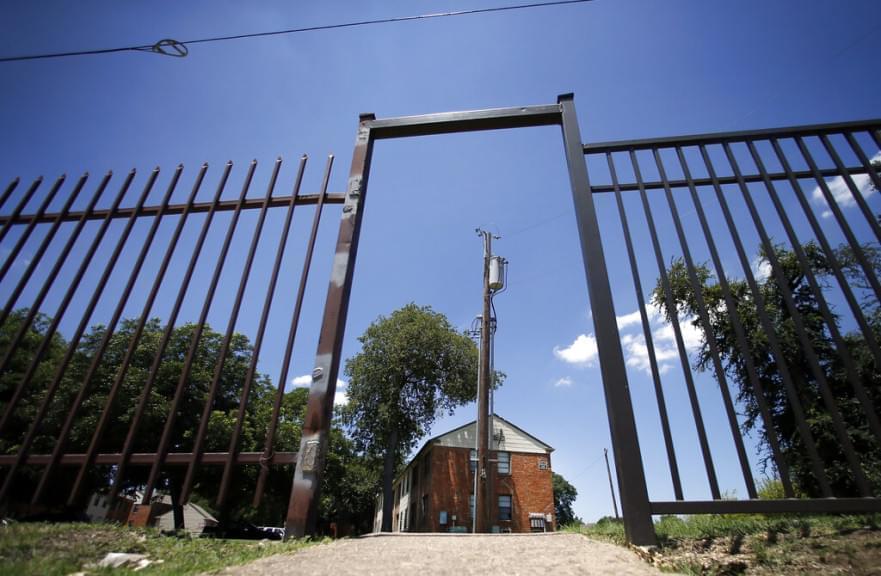Redlining Intensifies Climate Change in Black Neighborhoods

AP Photo/Tony Gutierrez
Past redlining policies have segregated communities by race, deeming them as undesirable. These policies have deeply affected poorer and minority neighbors by making them less accessible to resources and economic prosperity. Although redlining was banned in 1968 by the Fair Housing Act, its consequences are still present today.
A study by the Science Museum of Virginia found that past redlining policies have resulted in a dangerous heat disparity. Poorer minority communities are on the front lines of extreme heat and other environmental concerns.
The 21st hears more about the effects of increased temperatures on people's health and the lingering effects of redlining with an activist and research analyst.
Guests:
Kimberly Wasserman, Executive Director of the Little Village Environmental Justice Organization
David Harshbarger, Research analyst at the Brookings Institute Metropolitan Policy Program
Prepared for web by Zainab Qureshi
Help shape our coverage on The 21st by joining our texting group and answering weekly questions. To join, text “TALK” to 217-803-0730 or sign up with your phone number below:

